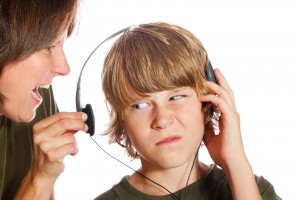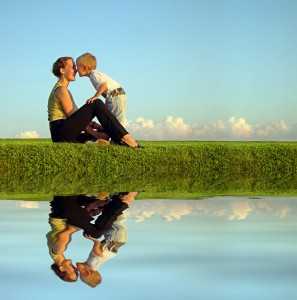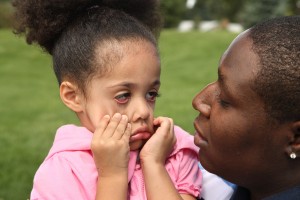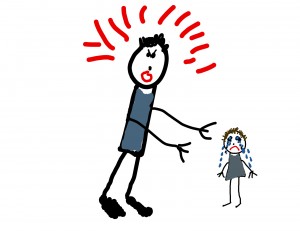Receive your FREE Parenting Advice through this blog. Simply ask Bob Lancer your question and receive his Lancer’s Answer in this blog.
Parenting our children is exhausting. But have you ever paused to consider what makes it so exhausting?
 We usually presume that what makes parenting children so taxing is how our children behave.  And there is no doubt that managing child behavior presents one of life’s most difficult challenges.
As long as we regard our children’s behavior as the cause of our strain and drain, however, we make ourselves overly dependent upon our children and give up our power to improve our time with them.
 How you expend your energy, and how much of your energy that you expend, is as much up to you as how you spend your money. 
After all, it’s your energy, and what you do with
it is your responsibility.
Accepting responsibility for exhausting yourself through the ways that you manage child behavior is the first step for better managing of your energy in parenting.  Our children are not responsible for how we exhaust ourselves through the ways that we interact with them.

Our children are not responsible for how we exhaust ourselves through the ways that we interact with them.
 The next step to ending the exhaustion of parenting is to understand how you spend your energy. You expend energy with every:
-  thought you think
- emotional reaction you engage in
- word you speak
- action you take. 
The more intense your actions and reactions, the more energy you expend.
Also, the more discordant, disturbed or distressing your emotional state, and the more you rush, the more energy you burn and the more quickly you burn it.
By practicing parenting in a more calm and conscious mode, paying closer attention to your own actions and reactions in the present,
you will become more selective and less wasteful
in your energy expenditures.
You will therefore be able to gradually find ways of functioning more efficiently (in terms of your energy), and suffer less drain and strain in parenting your children as a result.
Receive your FREE Parenting Advice through this blog. Simply ask Bob Lancer your question and receive his Lancer’s Answer in this blog.





 button.
button. 





























